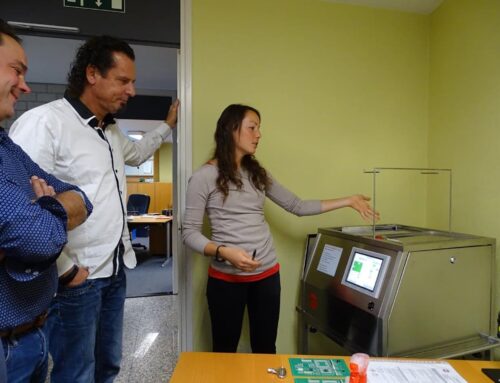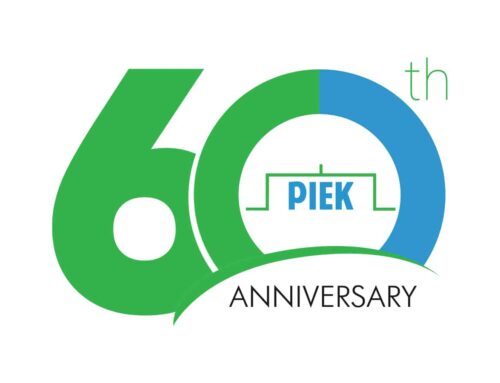The electronic interconnect industry is undergoing a massive transition, driven by technological progress and the demand for faster, smaller and more reliable electronic components. Here are a few developments that are shaping the future of the industry.
One of the most exciting developments is the use of 3D printing to produce printed circuit boards. This technology enables manufacturers to craft complex designs with unparalleled precision. This in its turn can makes electronic components more compact and it paves the way for tailor-made designs that meet manufacturer-specific needs and requirements.
Flexible electronics are a promising trend, opening the doors to a wide range of applications. The technology makes use of bendable materials and substrates, allowing electronic components to be integrated in flexible and portable devices. Think of bendable screens, portable sensors and even electronics in clothing.
The materials themselves also play a vital role in the industry. The rise of materials such as graphene, which has extraordinary electronic characteristics, has led to the development of faster and more efficient electronic components. Furthermore, new alloys and coatings are used to improve the performance and durability of connections.
The growth of the Internet of Things (IoT) has boosted the demand for wireless communication technologies. This in turn has led to wireless protocols and chips that create efficient and reliable connections among devices, both within and outside the reach of traditional networks. Sustainability is a focal point in the latest developments in the electronic interconnect industry. Manufacturing are zooming into ways to reduce the impact on the environment of their production processes and their material use. Ecologically sound materials are used, waste is minimised and efforts are made to use resources wisely.
The electronic interconnect industry is evolving rapidly thanks to innovations in 3-D printing, flexible electronics, advanced materials, wireless technologies and sustainability practices. These developments not only promise smaller and more powerful electronics, but also a more sustainable and responsible industry that meets the needs of a rapidly changing technological world. It is PIEK that right there at the cutting edge of technology, and being the first to notice what is happening it is always ready to share what it sees.










